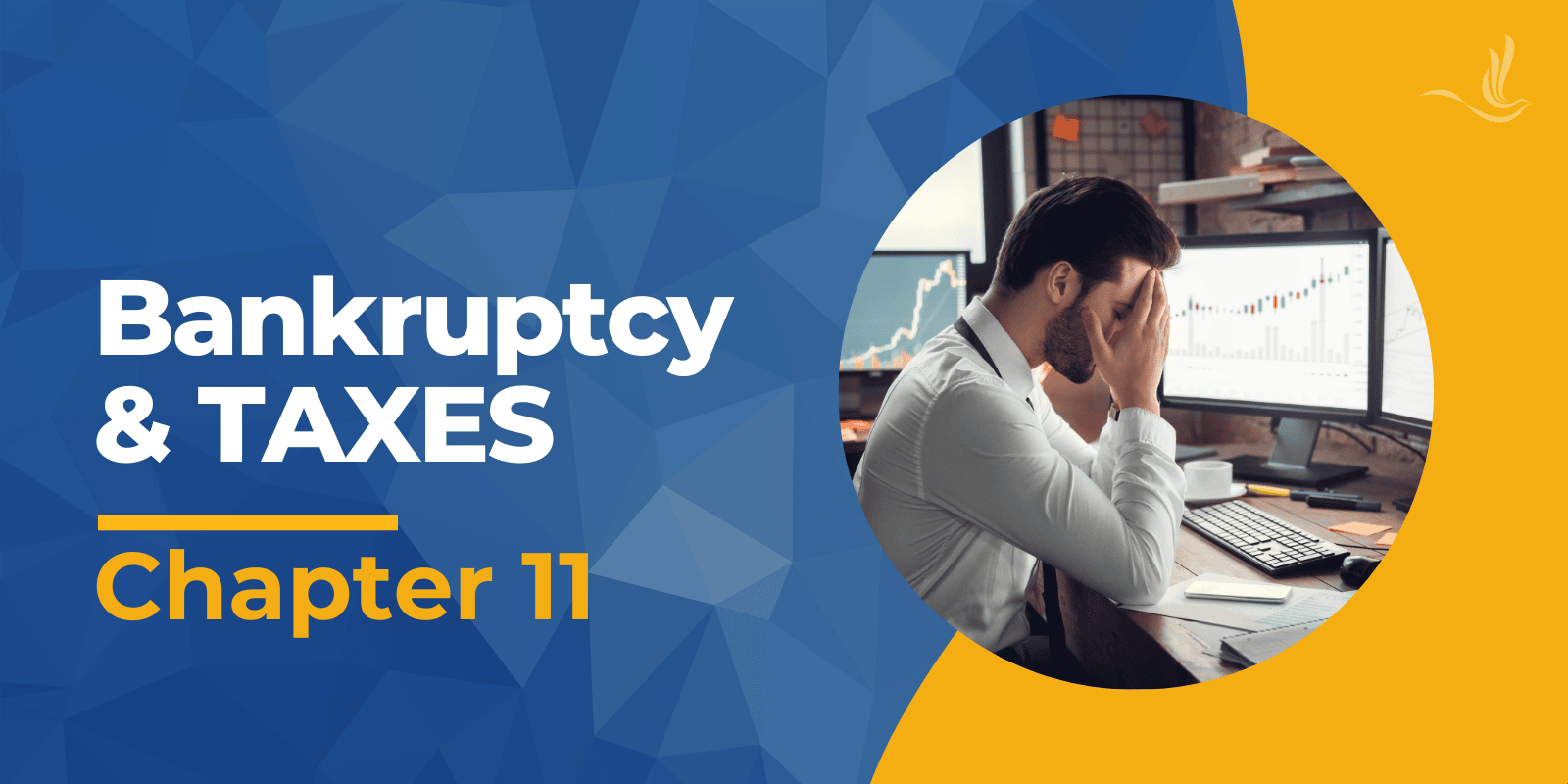
Navigating the intricate world of bankruptcy can be difficult, particularly when it comes to comprehending the tax implications. Chapter 11 bankruptcy is a powerful instrument for reorganizing individuals and enterprises and regaining financial stability. However, it is critical to understand how this process impacts taxes and plan properly. In this blog article, we’ll look at the tax consequences of Chapter 11 bankruptcy and provide useful information to help individuals and companies make informed decisions.
What is Chapter 11 bankruptcy?
Also known as a “reorganization” bankruptcy, Chapter 11 bankruptcy is much more complicated than its counterparts. Chapter 11 bankruptcy is a type of bankruptcy in which you keep your financial assets and exempt property. Unlike Chapter 7 bankruptcy, you are the appointed trustee in this sort of bankruptcy case. Additionally, you can borrow new money. With Chapter 11 bankruptcy, some taxes can be discharged, but it varies per situation. Failure to properly reorganize and obtain approval for a debt repayment plan may result in the conversion of a Chapter 11 case to a Chapter 7. In this case, assets are liquidated to pay off debt.
What happens to tax debt after filing for Chapter 11 bankruptcy?
Chapter 11 bankruptcies typically do not discharge tax debt. In Chapter 11, pre-petition tax liabilities are categorized as “priority claims.” These claims must be paid in full, and tax officials are usually given priority over other creditors. However, there are circumstances where taxes can be considered a “dischargeable debt” that may be forgiven through bankruptcy. The amount of tax debt that can be erased is determined by a variety of factors, including the type of tax owed, the length of time the tax obligation has been outstanding, and the corporation’s or individual’s financial means.
Filing Tax Returns After Bankruptcy
Businesses must continue to file their tax returns as required by the IRS under Chapter 11 bankruptcy. Failure to meet these duties may result in penalties and audit risks. It’s critical to work with a skilled tax professional to ensure timely and accurate filing of tax returns, as noncompliance may stall the bankruptcy process and cause further legal issues. While in bankruptcy, you can still obtain tax refunds. However, refunds may be delayed or used to pay off tax debts.
Tax Help for Bankruptcy Filers
Throughout the bankruptcy process, it’s crucial that you remain compliant with the IRS, specifically with tax filing and reporting. Failure to file tax returns on time and correctly may result in penalties and other problems. Also keep in mind that if you do declare bankruptcy, you may have additional reporting requirements, such as alerting the IRS of your bankruptcy filing. Given the complexities and potential tax ramifications of bankruptcy, it is strongly advised to seek professional advice. Consulting with tax professionals as well as bankruptcy attorneys will provide you with the information you need to successfully navigate the process. Optima Tax Relief is the nation’s leading tax resolution firm with over a decade of experience helping taxpayers with tough tax situations.
If You Need Tax Help, Contact Us Today for a Free Consultation